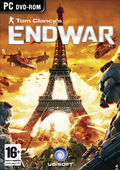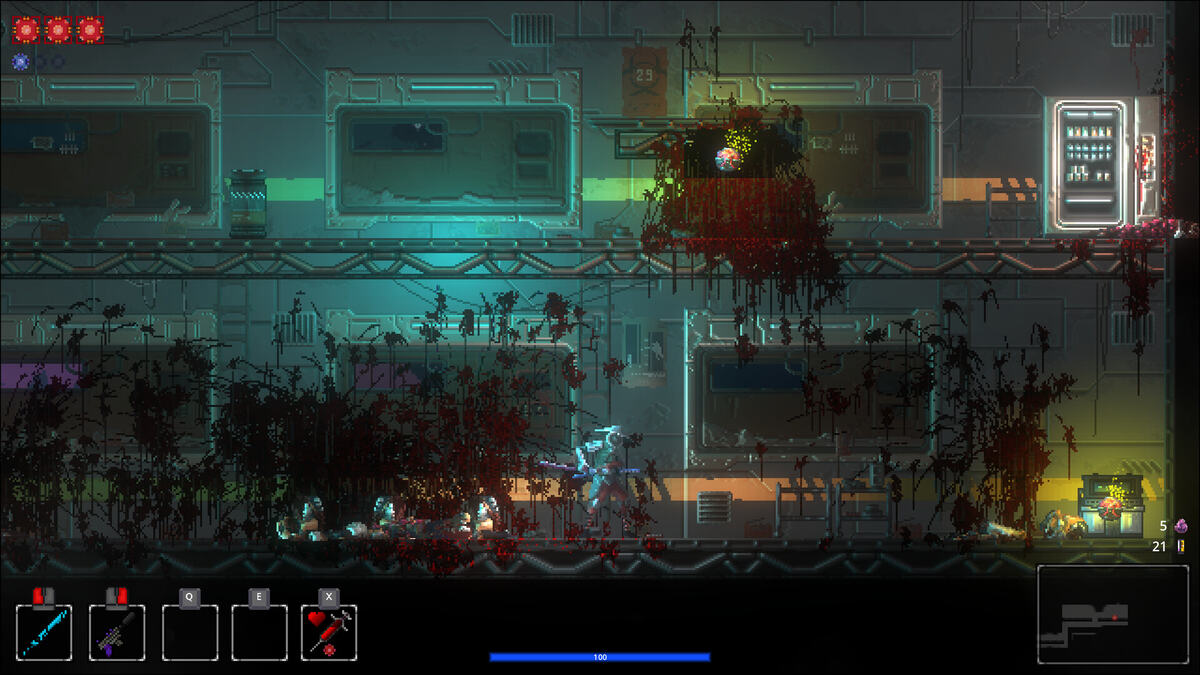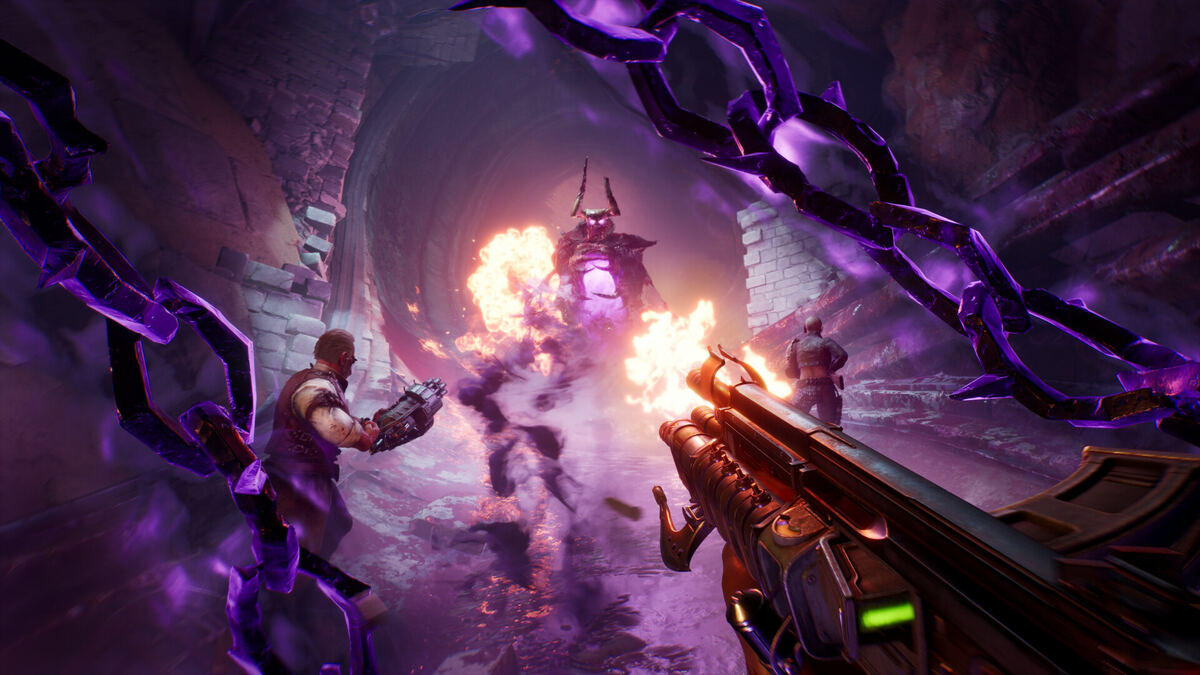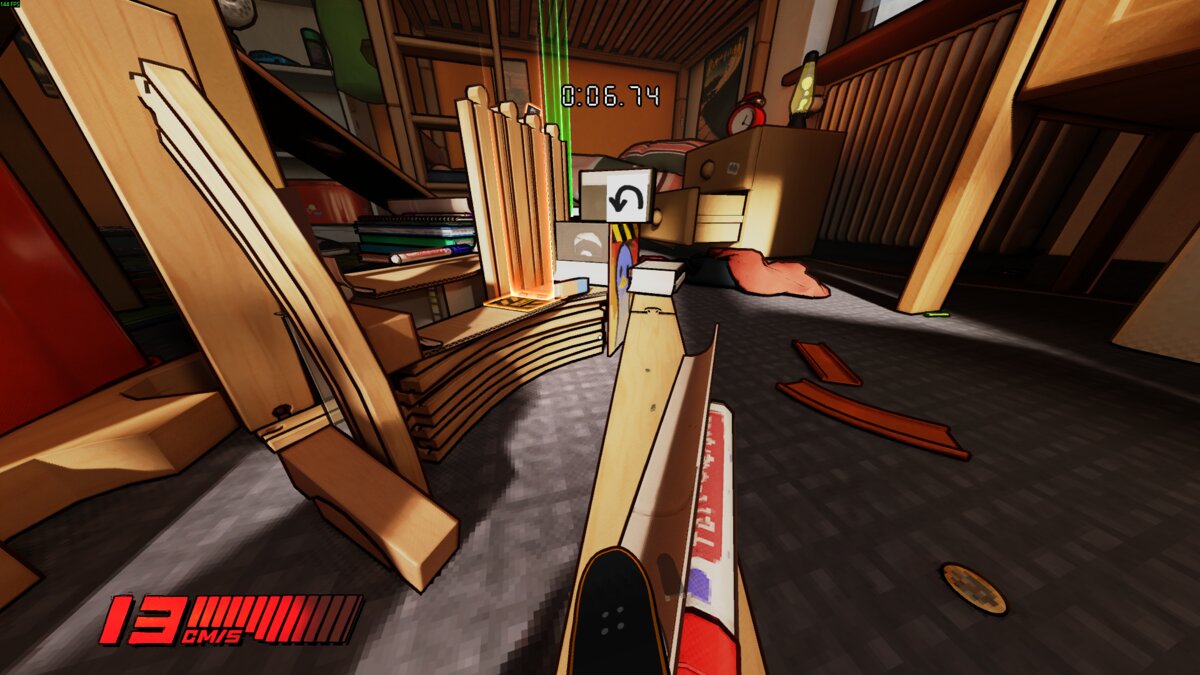You can trust VideoGamer. Our team of gaming experts spend hours testing and reviewing the latest games, to ensure you're reading the most comprehensive guide possible. Rest assured, all imagery and advice is unique and original. Check out how we test and review games here
Last time I looked at EndWar, there was a very hefty trailer and some promises that were as impressive as they were hard to believe. I saw a little of what was on offer amidst the chaos of May’s Ubidays event in Paris, and while everything looked great, the suggestion of a vast, immersive military RTS squeezed effectively onto a console, and the idea of complete voice control sounded just too good to be true.
So imagine my delight when at the recent Leipzig Games Convention I was treated to a lengthy gameplay demonstration that seemed to reveal that EndWar is well on its way to fulfilling those bold promises. It essentially looks like a fully fledged PC RTS running on a console, but what really was thrilling to behold and painful to have kept at arms length was the voice command system, which sounds and looks like the most fun imaginable in a game based on death and destruction.
In game, beyond holding down a shoulder trigger to activate the voice command mode, you really do seem to be able to control every element of the action with the tip of your tongue instead of your fingertips.
Of course, the most obvious input to control an RTS is the voice. If you are to assume the role of a general or commander, your voice is your weapon, and previous systems that relied on a PC keyboard are as ludicrous as using a joypad for a driving game. What is truly great about the change to being a booming armchair general, however, is not realism, but the novelty of yelling and seeing your troops respond, as you quickly feel your couch turn into a command centre. Barking orders at your virtual military forces absolutely looks like it could never lose its appeal.
Not only does EndWar look great fun, it also seems to work very well. It may have just been the rehearsed nature of the demonstration, but the system appeared immaculately responsive and efficient. Your forces are essentially divided into colour-coded units and your enemies into number groups. A list of basic commands like ‘assault’, ‘attack’ and ‘hold’ allow for a simple system of assigning targets and approaches through yelling instructions like ‘blue team attack target 1’.
While consoles will always lack some of the raw power of high-end PCs, it is clear that control has always been what has restricted the RTS genre on TV-bound game systems. A pad can simply never hope to replace the keyboard and mouse, but take away the need for a physical input with voice command and the limitations imposed on the console RTS start to dissipate. If there is anything to be suspicious of, it is that these vocal commands simply trigger heavily AI influenced patterns, meaning that amidst all the excitement, you play a very small role in the actual battles.
Furthermore, there needs to be a decent game underpinning any new technology, however impressive, and EndWar’s merits in that regard are a little harder to predict. The mark of a good RTS is not its game engine, combat system or setting, but the missions themselves. Balance and variation are as vital as well-conceived objectives and parameters, so with only one mission demoed cautious gamers would be wise to reserve too much excitement for now. That said, the mission on display, which used the proven formula of gaining ground by taking strategic strong points, seemed well-thought out and dynamic. A troop requisition system that rewarded performance with reinforcements managed to keep the game at a good pace without letting it drop into an action sapping, strategic checkmate.
Visually there is still a little work needed before EndWar impresses, but with a touch more polish it certainly looks like it has the potential to better previous attempts at the console RTS. The audio substantially trumps the graphics at present, and as the airways fill with radio chatter and your ground units talk amongst themselves, it definitely manages to personify the battle, adding character and drama in a very similar way to the magnificent audio in the Ace Combat games.
Precious little other information of note emerged at Leipzig, which was clearly a chance to show off the voice recognition above all else. It was revealed that a motivational system will be in place to encourage players to keep soldiers, developing the ideas in Cannon Fodder that so successfully put some degree of meaning and feeling behind each casualty your troops suffer. This may sound a shallow concept, but losing a soldier you have bolstered and protected for dozens of conflicts can really hurt. Morale will also play some substantial role in the development of your forces, reinforcing the idea that EndWar does everything it can to turn numbers and units into characters within the game.
It has long been known that the plot involves a ‘Missile Defence System’ that makes the nuclear threat redundant, allowing rival nations to engage in the ‘art’ of war without the threat of the apocalypse. Now we also know that at the moments you are about to be overthrown in-game, you are instantly given access to WMDs, such as satellite fired missiles that trigger small earthquakes, to give you the chance to really up the ante, bringing on the meat and potatoes of World War III and endangering millions of virtual lives.
Already looking full of potential, and having pioneered the use of a workable technology that could be implemented all over the games industry, EndWar should not disappoint. Its role as something of an arcade version of titles like World in Conflict does nothing to belittle its appeal and credibility, and its instinctive control scheme should bring a whole new type of player to the fantastic world of the RTS.
/https://oimg.videogamer.com/images/7222/endwar_7.jpg)






